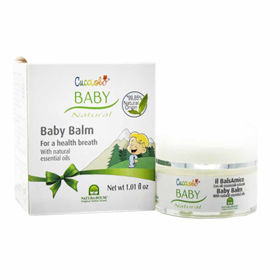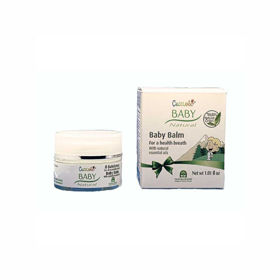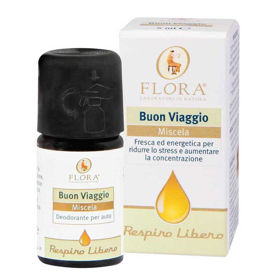Customer question:
Is viral pneumonia as dangerous as bacterial? Anonymous customer's question
Pharmacist's answer:
Both viral and bacterial pneumonia can be very serious and, in some cases, life-threatening, but they differ in terms of cause, symptoms, course of the disease, and treatment.
Viral pneumonia is caused by infection with viruses such as influenza, respiratory syncytial virus (RSV), adenoviruses, rhinoviruses and others. On the other hand, bacterial pneumonia is caused by bacteria such as Streptococcus pneumoniae, Haemophilus influenzae, Staphylococcus aureus, and others. Symptoms of viral pneumonia can vary depending on the virus type but usually include fever, dry cough, shortness of breath, chest pain, headache, fatigue, and muscle aches. Symptoms of bacterial pneumonia may be similar, but the following may also occur: productive cough with purulent sputum, severe chest pain, and other symptoms, depending on the type of bacteria.
The course of viral pneumonia is usually mild. Usually, it ends with a full recovery, but it can cause severe complications in some people, especially those with weakened immune systems or other underlying health conditions. Bacterial pneumonia can worsen quickly and cause serious complications such as lung abscess, sepsis, or acute respiratory distress syndrome (ARDS). Treatment for viral pneumonia usually includes rest, hydration, symptomatic treatment (e.g., antipyretics to reduce fever), and, in some cases, antiviral drugs (e.g., neuraminidase inhibitors for influenza). Bacterial pneumonia requires antibiotic treatment to eliminate the bacterial infection and already-established symptomatic therapy to relieve symptoms.
Which type of pneumonia is most common in children?
The most common type of pneumonia in children is viral pneumonia. Children are often exposed to viruses that can cause pneumonia, such as respiratory syncytial (RSV), influenza, and other respiratory viruses. These types of viral pneumonia are prevalent among children under five and can occur at any time of the year, although they are more common in the colder months.
In addition to viral pneumonia, bacterial lung infections are common in children but less common than viral ones. Bacterial pneumonia in children can occur as a complication of a cold or other viral respiratory infection or in isolation. It is important to note that children, especially infants and young children, are more susceptible to pneumonia due to their weaker immune systems and more frequent exposure to viruses and bacteria.
Can viral pneumonia be treated at home?
Yes, if there are no significant complications. It is essential to rest and get enough sleep so that the body can effectively fight the infection. Make sure you drink enough fluids and stay hydrated. Drink mostly water, diluted juices, soups, and other liquids. Antipyretics such as paracetamol or ibuprofen can reduce fever and relieve pain. A humidifier or wet towels can help relieve a dry cough and make breathing easier.
Make sure you are exposed to fresh air and avoid smoking or exposure to other irritants that can make symptoms worse. Monitor symptoms and consult a doctor if symptoms worsen or do not improve. However, it is essential to note that severe or complicated cases of viral pneumonia, especially in infants or children with weakened immune systems, require professional treatment and medical supervision.
Interesting reading: Atypical Pneumonia Symptoms
Interesting reading: Atypical pneumonia













